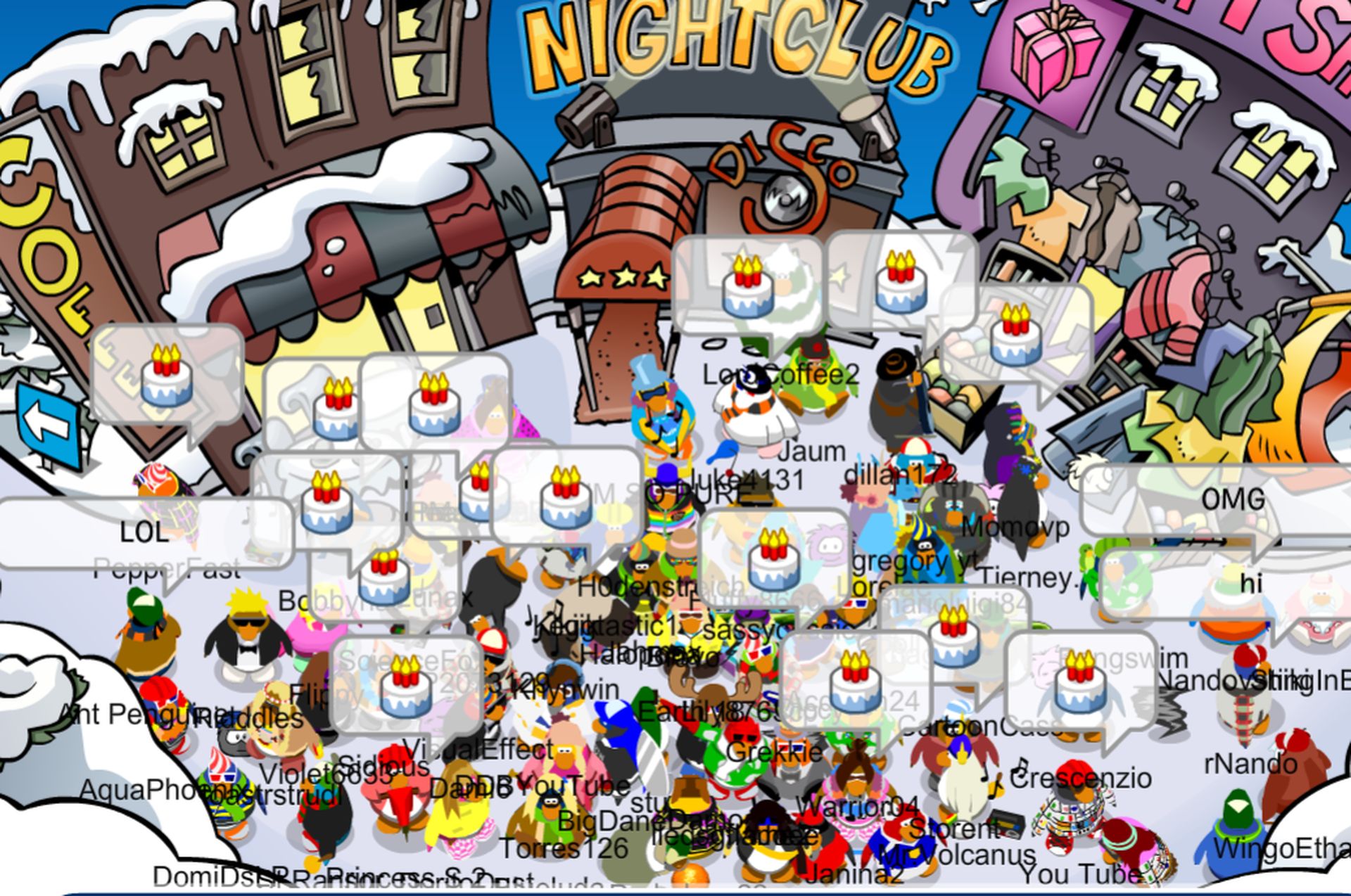The Disney Club Penguin hack has become a focal point in recent discussions about the security of online game servers and the lengths to which fans will go to access their favorite game data.
Club Penguin, a popular multiplayer online game (MMO) that ran from 2005 to 2018, allowed players to engage in various activities within a virtual world. Created by New Horizon Interactive and later acquired by Disney, Club Penguin was officially shut down in 2017, with its successor, Club Penguin Island, following suit in 2018.
Despite this, the game continues to thrive on private servers maintained by dedicated fans and independent developers.
The Disney Club Penguin hack and its initial findings
This week, news broke about Club Penguin fans hacking into a Disney Confluence server to retrieve information about their beloved game. The hackers uploaded a link to “Internal Club Penguin PDFs” on the 4Chan message board, accompanied by a simple statement, “I no longer need these :)”.

The link shared on the Disney Club Penguin hack led to a 415 MB archive containing 137 PDFs, including emails, design schematics, documentation, and character sheets, all related to Club Penguin. BleepingComputer, a cybersecurity news outlet, reported that this data was at least seven years old, making it primarily interesting to fans of the game.
However, as BleepingComputer delved deeper into the Disney Club Penguin hack, it became apparent that the Club Penguin data was just a small part of a much larger breach. The hackers had inadvertently accessed and downloaded 2.5 GB of internal corporate data from Disney’s Confluence server, which stores documentation for various business, software, and IT projects.
This data included Disney‘s:
- Corporate strategies
- Advertising plans
- Internal developer tools
- Business projects
- Infrastructure details
and far beyond what the hackers initially sought.
Detailed findings from the hack
The extensive data stolen from Disney’s Confluence server included internal information on various initiatives and projects. According to an anonymous source, the breach occurred using previously exposed credentials. The hackers’ initial target was Club Penguin data, but they ended up with a broader range of sensitive information. This trove of data revealed details about internal developer tools like Helios and CommuniCore, which had not been publicly disclosed before.
CommuniCore is described as a high-performance asynchronous messaging library intended for use in distributed applications. Helios, on the other hand, is a show authoring and playback tool that enables Disney producers and authors to create interactive, non-linear experiences using real-world inputs from sensors in Disney parks.
Telegram combolists show that we are all hacked
The leaked documents also contained links to internal websites used by Disney developers, which could potentially be exploited by threat actors aiming to target the company.
Although the Club Penguin data is relatively old, some of the other stolen data is much newer, with documentation from 2024. The original Club Penguin PDFs shared on 4Chan were reportedly stolen weeks ago, but the broader Disney corporate data appeared to have been downloaded much sooner. One document contained the following text:
“Document generated by Confluence on Jun 01, 2024 21:59,”
Indicating the recency of the breach.
Backlash of Disney Club Penguin hack
The Disney Club Penguin hack underscores the persistent vulnerabilities in online platforms and the ongoing challenges in securing sensitive data. BleepingComputer reached out to Disney multiple times with information and questions about the breach, but the company has yet to respond. This silence leaves many questions unanswered regarding the extent of the breach, the potential impact on Disney’s operations, and the measures being taken to prevent future incidents.

The hack also highlights the dedication and determination of the Club Penguin fanbase. Despite the game’s official shutdown, the passion for Club Penguin endures, leading fans to seek out and preserve the game’s legacy through private servers and, in this case, unauthorized access to internal data.
As the story continues to unfold, it will be important to monitor the responses from Disney and the broader implications for online platform security and fan engagement.
Featured image credit: Club Penguin





